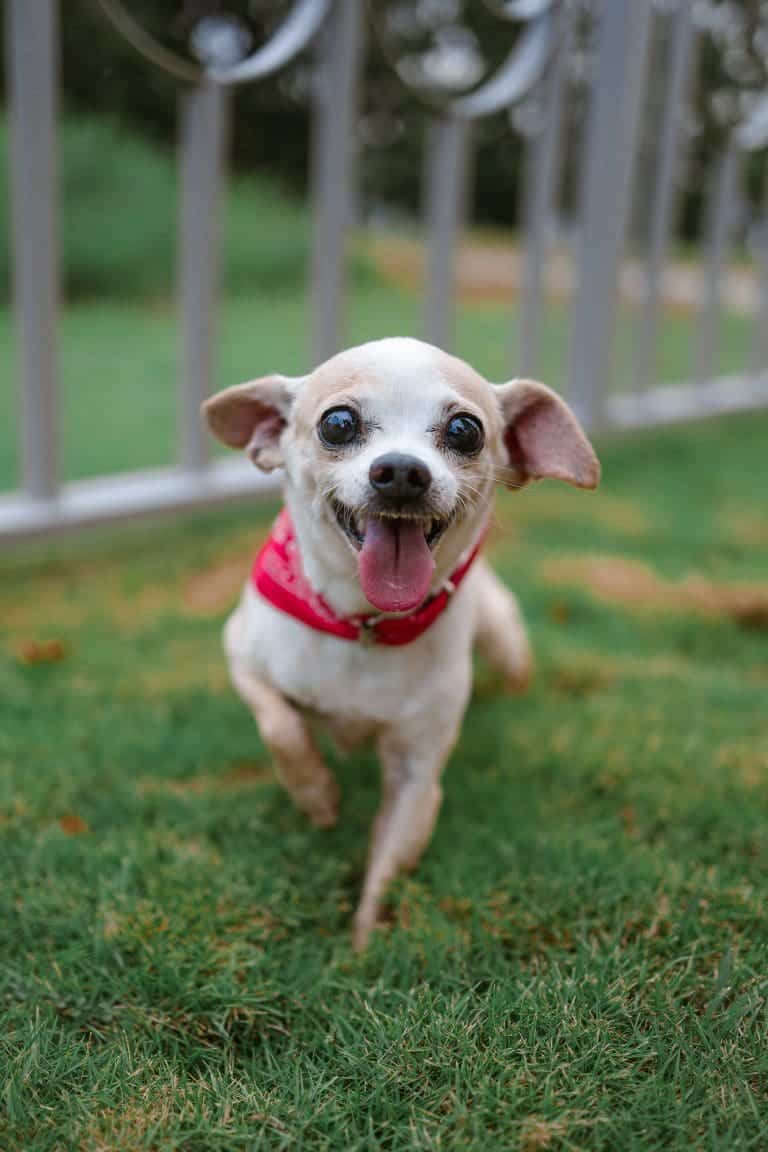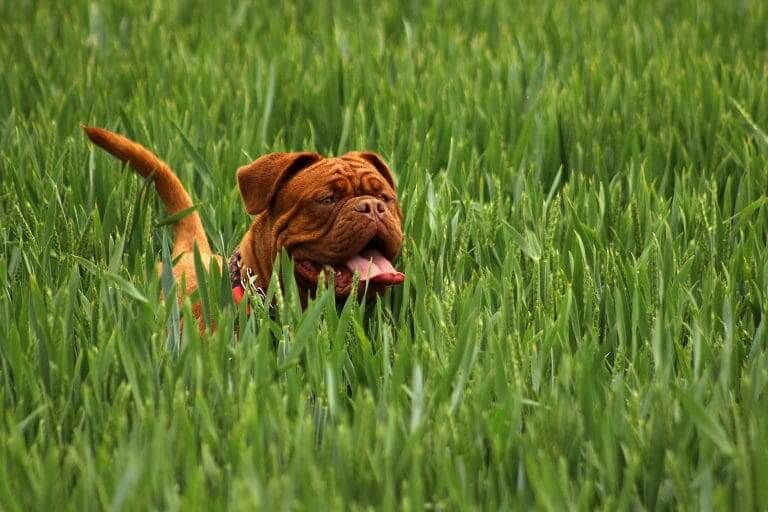What Should A Dog Look Like After Being Neutered?
Post Date:
December 10, 2024
(Date Last Modified: December 10, 2024)
Neutering a dog is a common procedure chosen by many pet owners for various reasons, including health benefits, behavior management, and reducing the number of unwanted animals. Understanding what changes to expect regarding a dog’s appearance and behavior after the procedure can help owners feel more at ease during this important time.
Physical Changes
One of the most noticeable changes after neutering, especially in male dogs, is physical appearance. The testicles are removed, leading to a change in the area where they were located. Initially, some swelling, bruising, or redness may occur at the surgical site. This is a normal part of the healing process. Owners should monitor the area to ensure it heals properly and watch for signs of infection, such as excessive swelling, discharge, or unpleasant odors.
Within a few days, swelling and bruising typically decrease, and the incision begins to heal. The area may appear a bit raw or tender but should not be overly inflamed. Over time, the incision will scab over and become less noticeable. Preventing the dog from licking or biting the area is crucial, as this can lead to complications. An Elizabethan collar or recovery suit can be effective in keeping the dog from accessing the surgical site.
Behavioral Changes
Many pet owners notice behavioral changes after neutering. Male dogs often experience a decrease in aggressive behaviors and a reduced desire to roam or mark territory. These changes can result in a more relaxed and manageable pet. However, it is important to recognize that these adjustments may not occur immediately. It can take several weeks or even months for the full effects of neutering to become evident, and some dogs may still exhibit certain behaviors until they adjust to the hormonal changes.
Neutering does not alter a dog’s fundamental personality. A dog that was friendly and playful before the procedure will remain so afterward. The primary impact of neutering involves hormonal influences, which can lead to changes in behavior but not in essential personality traits. Some pet owners find their dogs become more attentive and focused as they are less distracted by mating urges.
Weight Management and Health Considerations
Neutering can affect a dog’s metabolism, potentially leading to weight gain due to decreased energy levels and increased appetite. Monitoring the dog’s diet and exercise routine after the procedure is crucial. Regular physical activity helps prevent weight gain and maintains overall health. If weight concerns arise, consulting a veterinarian can provide tailored advice on dietary adjustments and exercise plans.
Long-term health benefits associated with neutering include a significant reduction in the risk of certain health issues, such as testicular cancer and prostate problems in male dogs. These health benefits often outweigh concerns about a dog’s appearance or behavior after surgery. Discussing any health-related questions with a veterinarian ensures personalized insights based on the dog’s breed, age, and health history.
Emotional Well-Being
The emotional well-being of a dog after neutering is also important. The procedure can be stressful for some pets, so providing a calm and comforting environment during recovery is essential. This may involve limiting physical activity, creating a cozy resting area, and offering gentle affection. Dogs are sensitive creatures, and fostering a supportive atmosphere can help ease any anxiety they may experience after surgery.
Concerns about the potential side effects of anesthesia, a necessary part of neutering, are common. However, most dogs tolerate anesthesia well. Veterinarians closely monitor dogs during the procedure to ensure their safety. Post-operative care usually involves keeping the dog calm and observing them for any unusual behaviors to identify issues early on.
Long-Term Adjustments
Over time, the physical and behavioral changes will settle into a new normal for the dog. Owners may notice shifts in their pet’s energy levels and overall demeanor. Many dogs become more settled and less prone to distractions, leading to a stronger bond between the owner and the dog, as well as a more harmonious living environment. Although the initial recovery period may require extra attention, the long-term benefits often outweigh the effort.
Maintaining regular veterinary check-ups after neutering is vital for monitoring the dog’s health and addressing any concerns that may arise. Each dog is unique, and their recovery process can vary widely. Keeping an open line of communication with a veterinarian ensures that any potential issues are addressed promptly.
Understanding the changes a dog undergoes after being neutered can alleviate anxiety and promote a positive experience for both the dog and the owner. Monitoring the dog’s health, providing necessary support during recovery, and maintaining regular vet visits contribute to a smooth transition for everyone involved.






